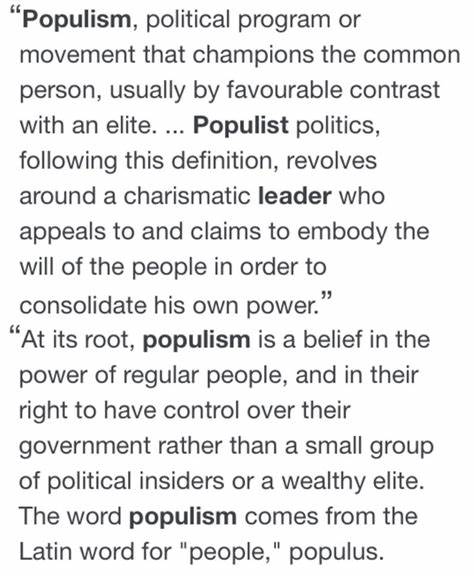George Washington, the first President of the United States, is widely regarded as one of the greatest patriotic figures in American history. Washington’s devotion to his country was evident in his military leadership during the American Revolution, as well as his unwavering commitment to the cause of independence.
Washington’s patriotism was first tested when he was appointed commander-in-chief of the Continental Army. Despite the daunting challenges faced by the army, including a lack of supplies, a poorly trained army, and numerous setbacks on the battlefield, Washington never lost faith in the American cause. He led his army to victory over the British and established the foundation for American independence.
Washington’s patriotism also manifested itself in his unwavering commitment to the principles of the American Revolution. He believed strongly in the idea of a limited government that would protect the rights of the people. He was also a strong advocate for the rule of law and was committed to maintaining the integrity of the newly established government. This is evidenced by his famous farewell address, where he warned against the dangers of political parties and the threat they posed to the unity of the country.
Washington’s patriotism extended beyond the battlefield and into his personal life. He refused to take advantage of his position for personal gain, and instead dedicated his life to serving the country. He was known for his modest lifestyle and his refusal to accept payment for his service during the Revolution. He was also a strong advocate for education and believed in the importance of preparing the next generation of Americans to continue the legacy of freedom and democracy.
George Washington’s patriotism was a defining feature of his life and legacy. He embodied the spirit of the American Revolution and dedicated himself to the cause of independence and the establishment of a just and free society. He remains an inspiration to patriots everywhere and a symbol of American heroism and devotion to country.



